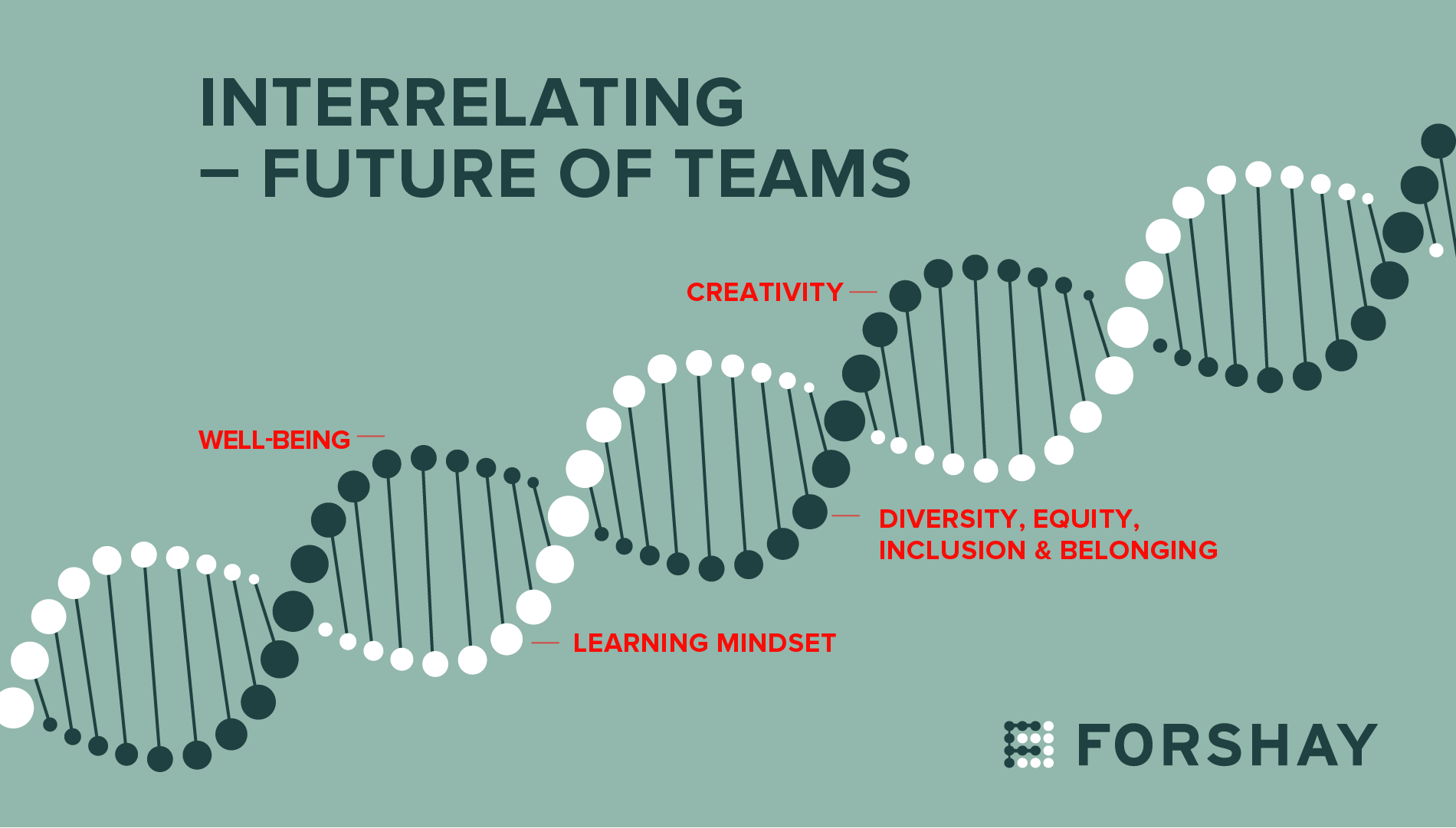
Here’s what we’re seeing across our clients. A colossal level of exhaustion. A tight labor market. Nervousness about returning “just the right amount” back to the office. The world today–not just in work but in every way–is really, really hard. The first target that seems to take the blame or is expected to fix things at work is People Operations/HR. Which translates to: hire more people, hire different people, keep people from leaving, figure out hybrid, give managers more tools but don’t overwhelm managers, help employees grow in their careers in ways that motivate them but they are taking responsibility for themselves…and that’s only about half the list.
Your People/HR department alone can’t fix all of this. And neither can your management team. Many of us instinctively start doing things when the list of work stares back at us. Execute on ideas, develop new strategies (usually in that order). But what is missing is a key step which is taking a moment to really look at how it’s going to impact everything–and this is important–everyone. Because of course things would be so much easier if our employees operated more like robots (meaning we hope they are entirely logical – not the emotional humans we all are), and you could just recode them or direct them. Consider how (before we rush to execute), we might take the extra step of pre-communication to let people know why you’re doing what you’re doing. What’s our story? Our values? Why is it taking so long, they may ask? Because progress is a matter of pre-planning before you take those big leaps forward. And how much can we handle right now?
One way we are doing this is thinking holistically about the Future of Teams, and to thread work in a way that reflects our journey mindset with visuals, stories, as well as data and timelines. Seeing how key components weave together to make the whole stronger than its individual parts helps us move together, with our head, heart, and hands. It’s a work in progress, but we are grounded in these four key elements for the future of teams:
Creativity: True story… (I mean we only tell the truth but this one might need emphasis as it’s hilariously counter-intuitive)…Sally was giving a talk at Berkeley’s Haas School of Business to an executive education cohort, which means people attending were already in positions of power, not just learning how to get there. When she asked whose job *isn’t* creative (in underscoring the importance of creativity in the future of work), one man raised his hand. “What’s your job?”, she asked. “I’m a CEO”, he answered. The rest of the ‘students’ jumped in to help him see that perhaps his job was almost entirely creative, and I hope the tuition paid for itself right there. One definition we like is: the tendency to generate or recognize ideas, alternatives, or possibilities that may be useful in solving problems, communicating with others, and entertaining ourselves and others. What future team will not need to work this way together to be high impact?
Well-being: We’ve shared oodles of data on this in prior blogs (and talks), so the add here is to ask how could a team create new ideas, or even absorb new information when their wellbeing looks more like a faceplant? We know better, so we can now do better. Wellbeing is not an individual’s issue to solve by herself/himself. You can do all the “right” things at home but then be on a team with no collaboration constraints, and your wellbeing turns into burnout. The most impressive data we’ve seen in supporting *teams* in their wellbeing is having a shared team goal in predictable time off, or collaboration constraints (ie. team norms for not sending work communications on weekends, or late at night). This is based on longitudinal research by Dr Leslie Perlow, who Sally worked directly with on this work.
Diversity, Equity, Inclusion & Belonging: The future of teams is about fostering diversity, equity, inclusion and belonging – where we’re spending all of our brilliant creative energy on the work because we are safe to be ourselves at work. Psychological safety was popularized by Google as the number one ingredient to a high-performing team, but is based on yet more awesome longitudinal research (Dr Amy Edmondson), and plays a key role in both performance and learning (our next topic!). If we can not cover up parts of our identity, the entire team is able to perform at their highest ability and their collective intelligence is lifted.
Learning and Growth Mindsets: The fourth part of the future of teams is being adaptable, by being grounded in a learning mindset. This kind of learning goes beyond workshops and classes (but we love those too…). It’s about other ways to imbue learning in your teamwork, like using design thinking (all about running experiments where we learn), or fostering fun of learning through improv games. Because the future of teams can be fun! And energizing, meaningful and fulfilling. It’s all possible…it just requires us to stay intentional to what will remain true and important in the future of teams.
It’s messy.
It’s true, and we’re here to help you find (and enjoy) the meatballs in the pile of messy spaghetti. Or keep the double helix strong in your team’s DNA. Or whatever metaphor helps you see the future *and* the now. How are you making clear strides to what is strengthening your teamwork and culture? We would love to get a chance to figure it out with you.






